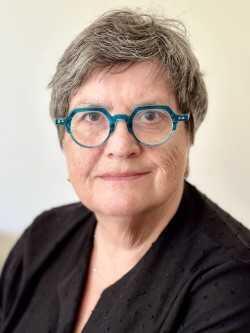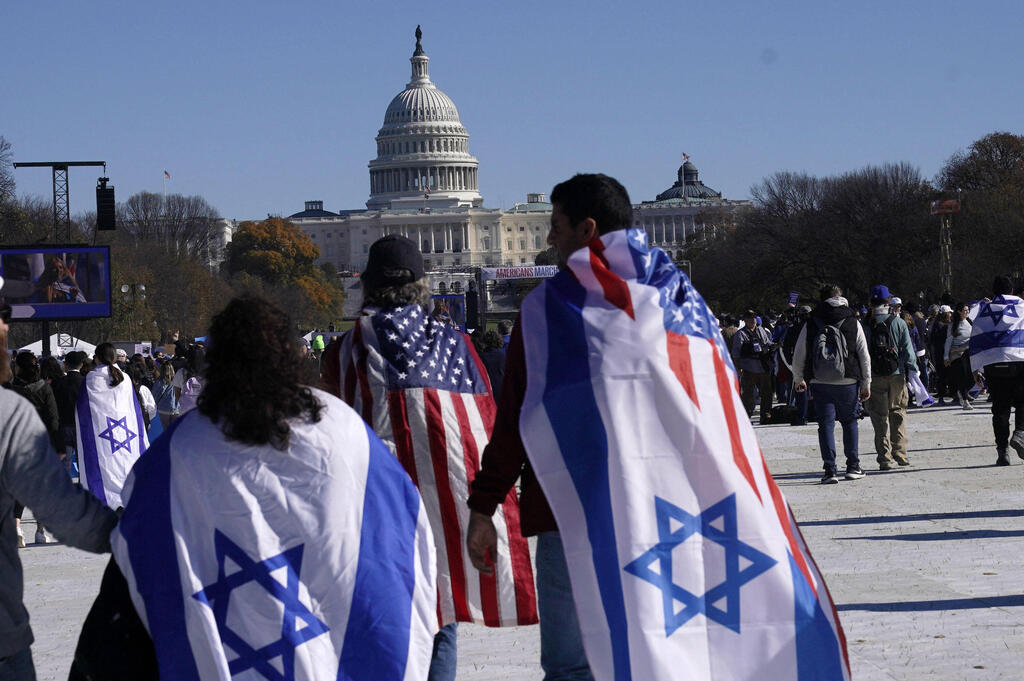At its outset, there were two main schools of thought regarding the objective of Zionism – to provide a safe haven for Jews, or to be a national homeland. Since the establishment of Israel in 1948, it was generally agreed that it is both.
Read more:
Let us agree on the national home aspect. This is the historical homeland, Hebrew is the language, national symbols draw on our heritage, etc. Among related issues is the claim that only in Israel can a full Jewish life be led, as it answers the prerequisite of Jewish sovereignty. Others hold that Judaism, as a peoplehood or culture, is not dependent on location and can be realized anywhere. Some even suggest that there can be more than one center, as we witnessed with Babylon and Jerusalem – despite distance and tension, ties and mutual enrichment were evident. One can also discuss the identity of Israelis who live elsewhere, whether Israel has a responsibility toward impoverished Jews in the Diaspora, and other issues.
And now to the other approach, whereby the goal of Zionism is to create a refuge for Jews. Over the years, Israel encouraged Jewish immigration (aliya, meaning ascension) not only because this is where Jews can fulfill themselves and strengthen Israel, but as emanating from the concept that only here are Jews safe. Arguably, the best-known examples are "Let My People Go," which allowed hundreds of thousands of Soviet Jews to cross the oppressive Iron Curtain, and extricating Ethiopian Jewry via a transit camp in Sudan, which was disguised as a diving resort, though most of those are routine.
And then one bitter morning, all that changed. We experienced wars and terrorist attacks before, yet there is no need to explain why October 7 was different. At the same time, we witness an outbreak of antisemitism abroad. Antisemitism often hid behind criticism of Israel. Now, possibly because of the intensity of events, coupled with ignorance of the distinction between Israel and Jews, masks have been ripped off. For Jews abroad, this is a triple blow. To their sense of security where they live, to their confidence in Israel's strength, and to its status as a potential refuge. Can we honestly tell them that if they are concerned about their future and that of their children, their place is with us?
Some would say the failure was focused and localized, or that we are the only place without antisemitism. Let us hope so, but our status as a safe haven will not be restored immediately. Until then, the weight of the national home in the equation rises. If Israel is the national homeland of all Jews, and they should feel close to it, what are the country's responsibilities towards them? Especially as they are threatened by the consequences of a conflict in which they are not involved? How far should we bend when it comes to their situation and opinions when making decisions, while we continue to expect their monetary support, deflecting criticism and so on?
The situation – ours, theirs and between us – is complex. But recent events showed our fates are inextricably connected. The gaps between us (In the most simplistic of terms, conservatism vs liberalism) have been expanding, and then on October 7, we realized that more unites than separates us. Because Israel is a single entity with institutions and a Jewish majority, while Jews abroad are a scattered minority, it is our duty to reach out. To borrow a term from another field, let us view Diaspora Jews as coalition partners. Just as political parties compromise in order to maintain a government coalition, so should we, in order to preserve the important alliance with world Jewry.
 Tova Herzl
Tova HerzlTake one simple example. In 2016, a long process culminated in the Kotel compromise, which would allow women and mixed groups to pray at the Western Wall, without undermining those who prefer prayer separated by gender. But due to subsequent opposition from ultra-orthodox elements which initially gave their silent agreement, the compromise was not enacted. The internal coalition defeated the external one. Thus, we broadcast to the majority of the world's Jews that their preferences are irrelevant. We turned our backs on them, while expecting their unyielding support.
At this time, and at least until our status as a safe refuge is fully reinstated, it is incumbent upon us to pay attention to that aspect of the early Zionist vision which saw the establishment of a national home as its main focus. In order to preserve the coalition, we should actively and wholeheartedly promote solutions and attempt to overcome our divisions. We must avoid alienation and exclusion, in order to facilitate cooperation with our brethren abroad, in confronting the unknown future, both ours and theirs.
- Tova Herzl served as ambassador to South Africa, was the first ambassador to the Baltic countries after the breakup of the USSR, and was responsible for relations with Congress at the Israeli Embassy in Washington





